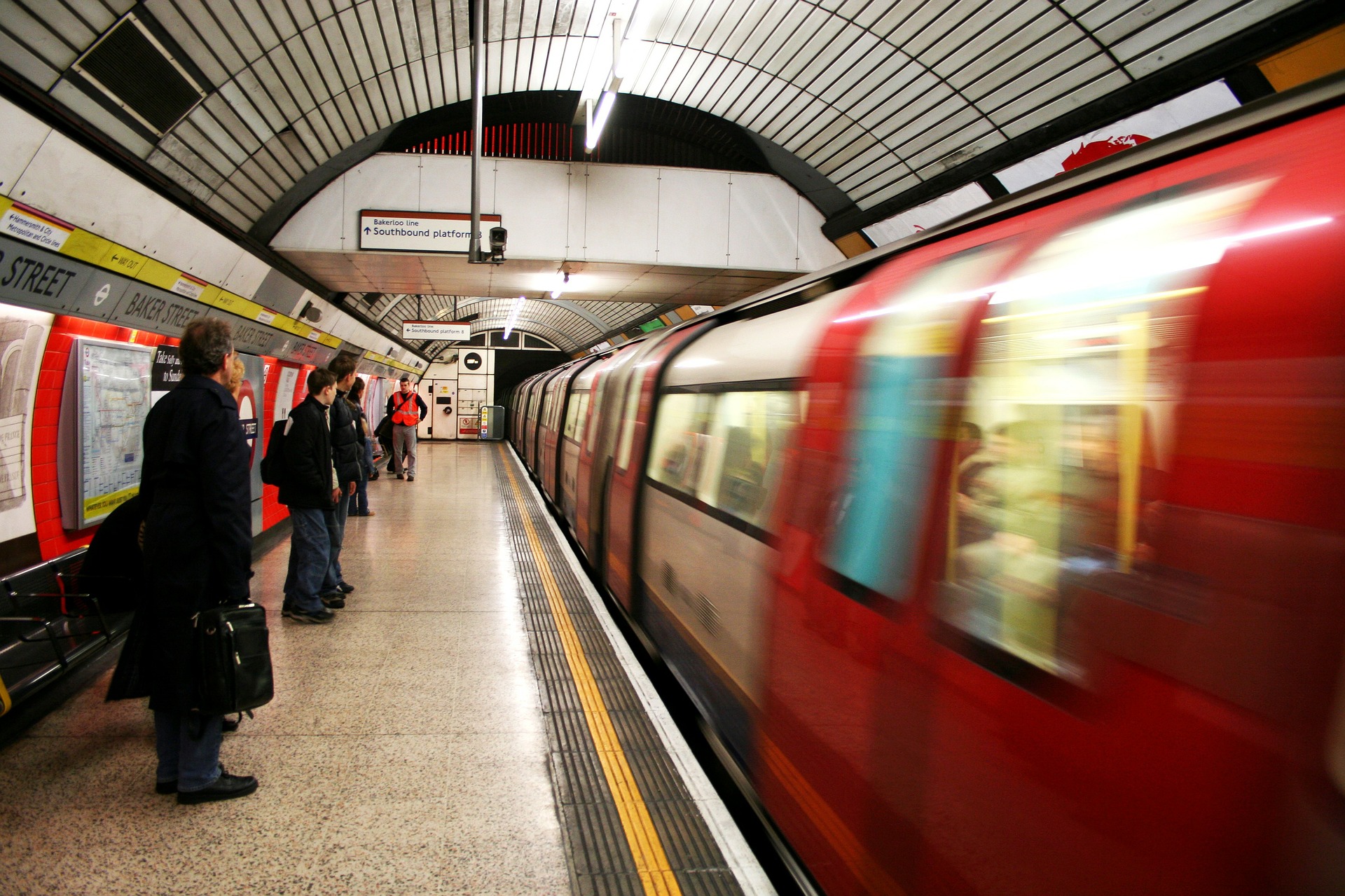Did you know that there are more than 40 variations of the English language being used around the world? If you live in Kenya, you would use Kenyan English or Jamaican English if you're in Jamaica. Even with the British influence in Hong Kong, citizens of this country have their own version of HK English. MoverDB.com has a convenient map that shows which countries use British English as a standard spoken/written language and which ones use American English. Interestingly, in countries such as Canada, "Canadian pronunciation and vocabulary is much closer to American than it is British" (MoverDB.com, 2022).
Historically, Americans during the 1800s thought that Noah Webster's spellings are way more convenient and cool, so they started using their version (focus not focussed, program not programme) as compared with Samuel Johnson's dictionary version in 1755 (YourDictionary.com, 2022). Who could blame them? Even the Chinese followed the trend, with simplified Chinese gaining more popularity now than the traditional version.
So how do you know whether to use write "color" or "colour" and "theater" or "theatre" in your part of the world? Perhaps the map can help, and just generally getting a feel for the literature, reading newspapers, watching TV, and just hearing people talk around you.
On the other hand, if you're writing or editing a paper, there is a sure distinction between spellings of British and American English words. Prior to the update, Chicago Manual of Style preferred to use "Labour Party" while Associated Press would write it as "Labor Party" (Einsohn, 2011). When it comes to citations, APA style would recommend that you keep the spelling in titles "exactly as they appeared in the original work" (McAdoo, 2012).
Tysto.com has a comprehensive list of Union Jack's English words, if you're lost. Lexico.com also has a few more. If anything, what sets Americans apart in their version of English defines much of the American culture. We are, after all, all about convenience, getting things done, and defining our lives in our own terms. Language itself evolves. Its true essence is to communicate and be understood, no matter what part of the world you live in. So whether you use American, British, Australian, or Welsh English, the key is to get the message across.
Links that inspired me:
The CopyEditor's Handbook - by Amy Einsohn and Marilyn Schwartz
https://blog.apastyle.org/apastyle/2012/10/british-spellings.html
https://grammar.yourdictionary.com/spelling-and-word-lists/correct-spelling-of-words.html
https://moverdb.com/british-vs-american-english/
https://blog.apastyle.org/apastyle/2012/10/british-spellings.html
http://www.tysto.com/uk-us-spelling-list.html
https://www.lexico.com/grammar/british-and-spelling






No comments:
Post a Comment